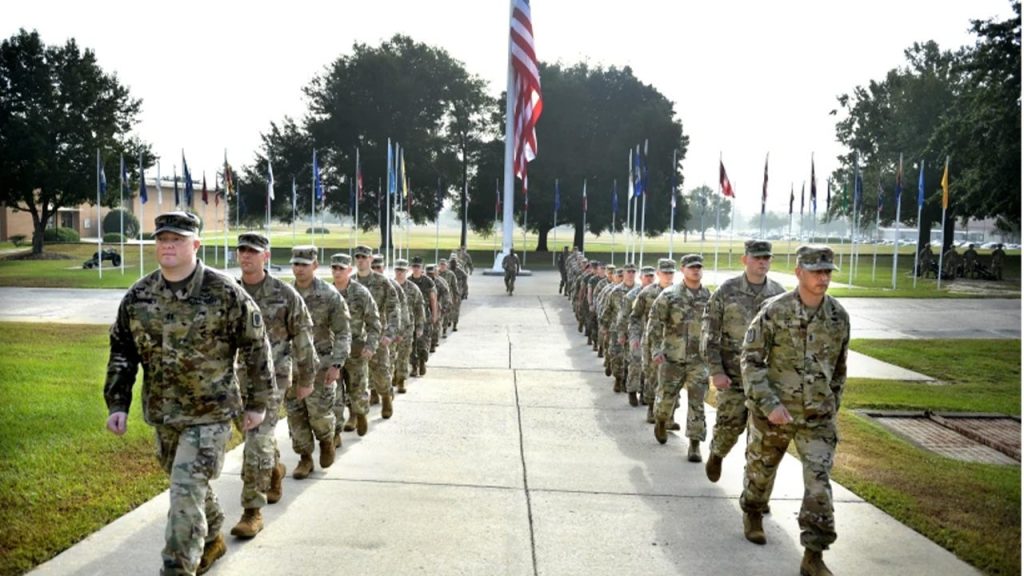The tranquil atmosphere of Fort Eisenhower, an Army base nestled in Augusta, Georgia, was shattered on a Saturday morning by the eruption of an active shooter situation. The incident, unfolding shortly before 9 a.m. local time, triggered a base-wide lockdown, sending ripples of fear and uncertainty through the community of over 110,000 residents. The urgent announcement, disseminated via social media platforms, instructed individuals to “TAKE APPROPRIATE ACTION!” if they found themselves in immediate danger. The incident tragically culminated in the loss of one life, the victim succumbing to gunshot wounds sustained in on-post housing.
Fort Eisenhower, formerly known as Fort Gordon, released a statement confirming the fatality and assuring the public that the identity of the victim would be revealed after the proper notification of next-of-kin. The base’s immediate priorities centered on providing comprehensive support to the victim’s grieving family and extending assistance to all those impacted by the harrowing event. Underscoring their commitment to the well-being of the community, the base emphasized that the “safety and well-being of our residents – our Soldiers and Families – remains a top priority.”
The swift response of law enforcement agencies led to the apprehension and detainment of the suspected shooter. Investigations into the circumstances surrounding the incident were immediately launched, involving both local and state law enforcement authorities. The collaborative effort aims to piece together the events leading up to the shooting, determine the motives of the suspect, and ensure a thorough examination of all relevant evidence.
This incident at Fort Eisenhower serves as a stark reminder of the vulnerability of even seemingly secure environments to acts of violence. Military bases, often perceived as havens of safety and order, are not immune to the societal issues that can lead to such tragic occurrences. The incident underscores the importance of robust security measures, effective communication protocols, and comprehensive support systems for individuals affected by such events. The swift dissemination of information through social media platforms played a crucial role in alerting the base community to the imminent danger, enabling residents to take precautionary measures to protect themselves.
Beyond the immediate aftermath of the shooting, the focus will inevitably shift towards addressing the broader implications of the incident. Discussions regarding security protocols, mental health resources, and community resilience will likely dominate conversations in the coming weeks and months. The incident underscores the need for continuous evaluation and improvement of security measures to mitigate the risk of future incidents. It also highlights the importance of providing accessible and comprehensive mental health support services for individuals struggling with the emotional and psychological aftermath of such traumatic events.
The event also raises questions about the potential underlying causes of such acts of violence within military communities. Factors such as stress, access to firearms, and mental health challenges may play a role in these incidents. Addressing these underlying issues is crucial for preventing future tragedies and fostering a safer and more supportive environment for military personnel and their families. The incident serves as a catalyst for introspection and action, prompting a renewed focus on strengthening community bonds, improving communication channels, and enhancing support systems for all those affected by the tragedy. The road to recovery will undoubtedly be long and challenging, but the resilience and unity of the Fort Eisenhower community will be instrumental in navigating this difficult period.











